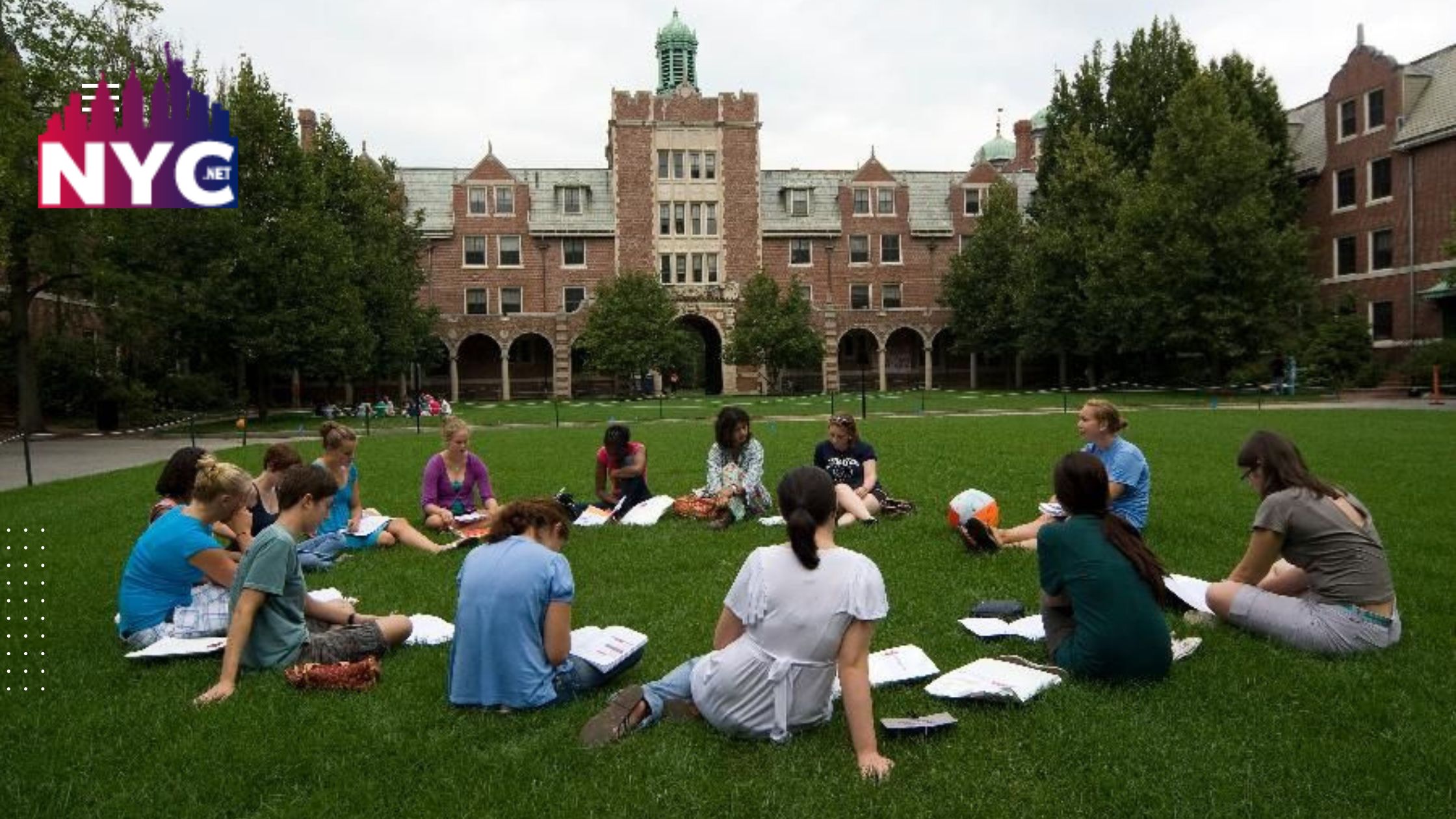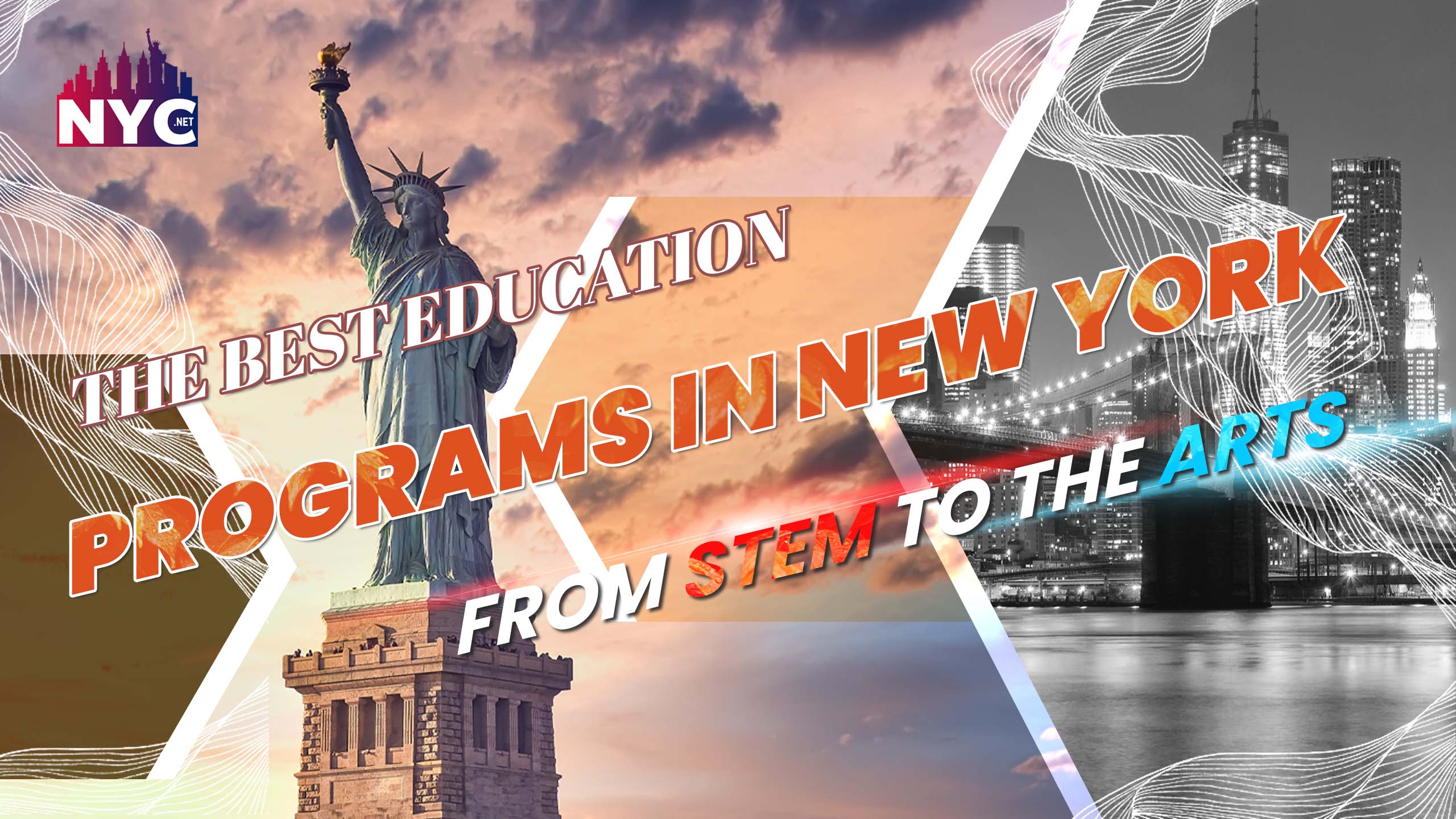Co-curricular Activities & campus life for students in New york

Activities outside the classroom that support one’s academic pursuits are co-curricular experiences [1]. You may use these events to enhance your college experience and discover the various options on campus.
Campus Life’s goal is to actively involve life for students in their intellectual, interpersonal, and career development. Participation in co-curricular and extracurricular activities, such as
- Student government
- Clubs
- Leadership development programs
- Conferences
- Retreats
- Debates
Campus life allows you to meet people with similar interests, take on leadership roles, and organize activities that attract students worldwide. You can join others who share your interests in hobbies and activities, volunteer and support your community or stay career-focused by joining an academic or professional organization. You can also investigate multicultural and identity-based groups.
Students at many institutions, especially first-year ones, have the choice to reside on campus. You may quickly access dining halls, faculty offices, academic resources, classrooms, and other services and perks if you live on campus.
Benefits of Co-curricular Activities & campus life for students in New york
Co-curricular activities support your learning by encouraging original ideas, enhancing your interpersonal and organizational abilities, fostering the growth of your interests and talents, and allowing you to unwind and engage in things you genuinely like.
Extend your perspective
The best time to push yourself is in high school, when you may attempt new things and think from fresh angles. You can discover a unique ability, passion, or career objective by participating in extracurricular activities. Some people need to be inspired in the classroom. You can also find that fresh perspective on your academic subjects influence and affect your beliefs.
Students who have studied abroad understand how important the experience was in assisting them in evolving, being independent, and examining fresh ideas. Developing as a person involves stepping outside of your comfort zone. The same is valid with extracurricular activities; push yourself, participate in as many as possible, and identify the ones that improve you.
Social abilities
When you’re engrossed in a book, it’s simple to forget that engaging with your peers is crucial to making your high school experience the best. Even if social circumstances are difficult for you, joining a school group is the best method to meet others who share your interests.
The high school will be more pleasurable if you have fun with your friends, and those social skills will be helpful when you start college or your first job. Pay attention to the value of connecting with people; networks may be powerful.
Relaxation and stress reduction
It might be daunting to finish your assignments, study for an exam, and consider your future. Thanks to co-curricular activities, you can focus your attention elsewhere. You can go away from whatever is stressing you out for an hour and relax into something useful.
Your confidence will increase if you participate in theatre or public speaking. Playing sports will keep you fit and content. Your feeling of community at school will grow due to discussion or interest groups. Clubs in gardening, science, and technology will let you develop transferrable skills while having fun with friends.
Better Academic development
You might be concerned that participating in extracurricular activities would interfere with your academic performance, but this is not the case. Engaging actively in a hobby or pastime you love will enhance brain function. Your ability to focus and manage your time will improve.
Sports help you focus, increase your stamina, and learn to keep going despite setbacks or difficulties. In summary, extracurricular activities may benefit you in terms of raising your academic performance.
How is Campus life in New York for students?
Living on a college campus has several educational and social benefits. Examine how residing on campus might improve your college experience. Students develop worldviews, and you may foster extracurricular interests on campus. You may have more opportunities to mingle with your classmates if you live on campus. Additionally, you’ll have easier access to a broader range of groups and events on campus, strengthening your sense of belonging.
You can experience more significant ties to other students.
Compared to commuters, students who reside on campus frequently have a stronger feeling of community. If you live near the school’s facilities, you may find interacting with classmates through campus activities and events simpler.
Numerous accommodation alternatives are frequently available to students living on campus. Some students live in traditional dorms, while others could choose suite-style homes or living-learning communities. While other housing options may be available depending on the institution, most students eventually live with one or more college roommates.
Colleges put student safety first.
Another significant advantage of living on campus is the presence of security staff. College students may be concerned about their safety on campus, particularly those who are getting used to living away from home for the first time. Colleges often use security professionals to maintain a secure atmosphere, deter wrongdoing, and handle crises.
Around resident halls, academic buildings, and other campus amenities, security guards are often posted. To ensure that students are safe during parties, athletic events, and other social gatherings, they must keep an eye out for high-risk behaviour and illicit drug usage.
You’ll reduce commute-related stress.
It might be challenging to juggle transportation needs with academic responsibilities. However, avoiding the burden of commuting can be accomplished by residing close to campus amenities like classes. However, not all campus accommodation is close enough to academic buildings for easy strolling. Some institutions provide an accessible transportation system or shuttle to help with this problem.
Meal planning saves time.
There are some on-campus apartment options without kitchens. Many students who live in dorms rely on dining halls and other on-campus food providers. Meal plans, which offer a certain number of trips to dining halls or credits to use toward food purchases, are often purchased by residents.
You can save time by eating on campus rather than grocery shopping and preparing meals daily. Many students also choose school dining halls as their preferred gathering areas. Many institutions today provide vegan, vegetarian, gluten-free, and kosher alternatives to students with various dietary concerns.
Why is New York the best place for campus life activities?
New York is a well-known city in the world., which is made famous by Wall Street, Broadway, and Central Park. But the state encompasses far more than just New York City. Long Island’s stunning white sand beaches and upstate New York’s lakes and woodlands also bring in a record amount of tourists.
Diversity of Culture
New York is tenth among the states with the most racial and ethnic variety, using statistics from the 2020 U.S. Census. The most populous metropolis in the United States, New York City, is home to a large portion of that variety. Its population is double that of Los Angeles, the second-largest city, with nearly 8 million.
Eating Culture
Due to New York’s rich culture, street cuisine is available from all over the world. It is one of the top 10 American cities for food trucks. Within a city block, you may find genuine Greek, Asian, Caribbean, and Mediterranean cuisine.
Potential Networking Contacts
You are developing your networking abilities while in college can broaden your employment options and foster connections in the academic and professional spheres. The correct relationship may lead to possibilities that can change your life, with strangers becoming your mentors, friends, and employment.
Using Public Transit
New York City’s public transit system is renowned. You may travel around all five boroughs of New York City via the massive subway and bus network. Both provide affordable choices, and the subway runs every day of the week, all day long.
Conclusion
Activities outside of the classroom are a crucial component of every robust university application. They can demonstrate tenacity, demonstrating that a student can commit and follow through. Passion is another essential quality since it shows that you can give your academics your all.
And lastly, leadership University admissions officers will be on the lookout for qualities like initiative, leading a team effort, being bold in choosing how you want to spend your free time, and even starting your club after school or leading one.
FAQs
Q.1: Does New York City suit overseas students?
Students can flourish in any topic or field, given the city’s intense intellectual and cultural atmosphere.
Q.2: How will extracurricular activities benefit you in the future?
By participating, you’ll forge lifelong friendships and connections, get to know students from all backgrounds, and learn transferrable skills like time management, organization, teamwork, and communication.
Q.3: Do extracurricular activities inspire students?
Extracurricular activities provide essential life values and practical skills like cooperation, fair play, and diligence.
Q.4: Is it essential to study in New York?
A fantastic education, valuable life lessons, and an understanding of cultural variety may all be gained through studying in New York. It serves as a centre for business, finance, and innovation worldwide.
References
[ Co-Curricular Experience] From Laguardia Link: https://www.laguardia.edu/ssm/cocurricular/



